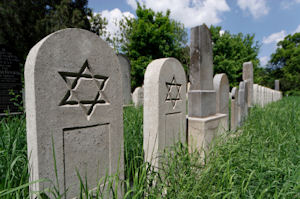jewish burial customs embalming
Jewish burial timing encourages families to complete the burial as soon as possible. So important is this principle that Jewish law prohibits the embalming of a person even where he has specifically willed it.
Jewish Funeral Traditions 15 Important Things You Need To Know
Once this was done relatives and friends could come to the home to say goodbye to the deceased for the last time.

. 7 4 was unknown or at least exceedingly rare in Judea. Jewish law requires the body be allowed to return to the earth as soon as possible. A Jewish coffin is usually quite simple and is known as an aron which is made of pine and is metal-free so it is completely biodegradable.
The traditions rituals and customs for Jewish burials provide that the body is buried in a plain and unordained wooden casket. Jewish custom insists on prompt burial as a matter of respect for the dead a consideration of particular relevance in hot climates. Bender Beliefs Rites and Customs of the Jews Connected with Death Burial and Mourning in Jewish Quarterly Review 1894 and 1895.
2 26 and in the case of Aristobulus in Rome Josephus Ant xiv. According to Jewish law the body is washed and not embalmed. Once placed in the coffin the body will not be seen.
The casket is usually closed and the funeral service conducted by a rabbi is usually short reflective and solemn. Jewish tradition regards it as a matter of great importance that only fellow Jews should handle the body of a deceased Jew carry or wheel the casket place the casket in the earth and fill in the grave. Watchers Chevra Kadisha remain.
One Jewish funeral custom that may be observed is of the mourners ripping off pieces of material from their own clothes. A Jewish funeral ceremony is called a ceremony is called a Levayah accompaniment. Here are a few common Jewish burial customs and Jewish death rituals.
The deceased can in no wise benefit from this procedure. Ideally the placement of the casket in the ground should happen. It is called this way because at Jewish funeral traditions calls for accompanying the body to the place of burial.
The hands and feet were tied with strips of cloth. A Jew should be buried only among fellow Jews in a Jewish cemetery. By prohibiting embalming and unnecessary delay in burial Jewish tradition draws a very distinct line between respect for the dead and worship of the dead.
The Hebrews buried their dead immediately no later than a day after the person passed away. A Jew should be buried only among fellow Jews in a Jewish cemetery. However there are exceptions to this timeframe.
It is traditional Jewish practice to perform a ritual washing of the body Tahara and then to dress it in a plain burial shroud. Spices and Plants at the Burial. Jewish law prohibits Cremation and embalming.
By the time of Christ the custom was that the body was elaborately wrapped in a shroud and the face was covered with a special cloth called a sudarium. Jewish law prohibits embalming a person even when embalming is specifically requested in a will. According to one kabbalistic source burial refreshes the soul of the deceased and only after burial will it be admitted to Gods presence Midrash ha-Nelam to Ruth.
Jewish funerals emphasize simplicity to avoid embarrassment for the poor. Therefore the casket must be made entirely from wood with several holes drilled in the bottom to hasten decomposition and the bodys return to earth. Disturbance of the inner organs sometimes required during the embalming procedure is strictly prohibited as a desecration of the image of God.
Embalming of the deceased is not allowed according to Jewish law. A Jewish memorial service is a funeral for a Jewish person that follows specific religious practices. According to the Torah a Jewish funeral should occur within 24 hours of the death as a sign of respect for the deceased.
The precedents set by the prompt burials of Sarah Gen. Typically it takes place in a synagogue funeral home or graveside. In ancient Egypt the technique consisted according to Herodotus of using an iron hook to draw out the brain through the nostrils and then making a cut along the flank to remove the abdominal contents which were washed and soaked in palm wine and infusions of spices and then.
Traditional Jewish funeral customs will not display the deceased body. Embalming practised in Egypt Gen. A few notable Jewish burial traditions affect the planning and coordination when laying a loved one to rest.
According to the Jewish Encyclopedia this custom stems from the Mosaic Law which ordered that any person hung from a tree or cross as a form of execution should be taken down and buried within a day after death. Embalming is the artificial treatment of a corpse to prevent or delay its putrefaction.

Jewish Mourning Faq My Jewish Learning
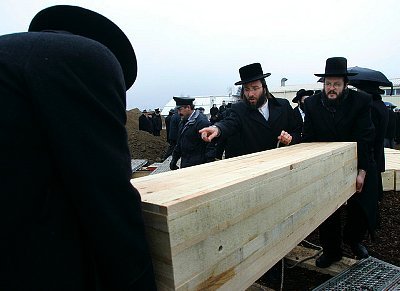
Closed Caskets At Jewish Funerals Jewishboston

Jewish Burial Practices February 6 2004 Religion Ethics Newsweekly Pbs
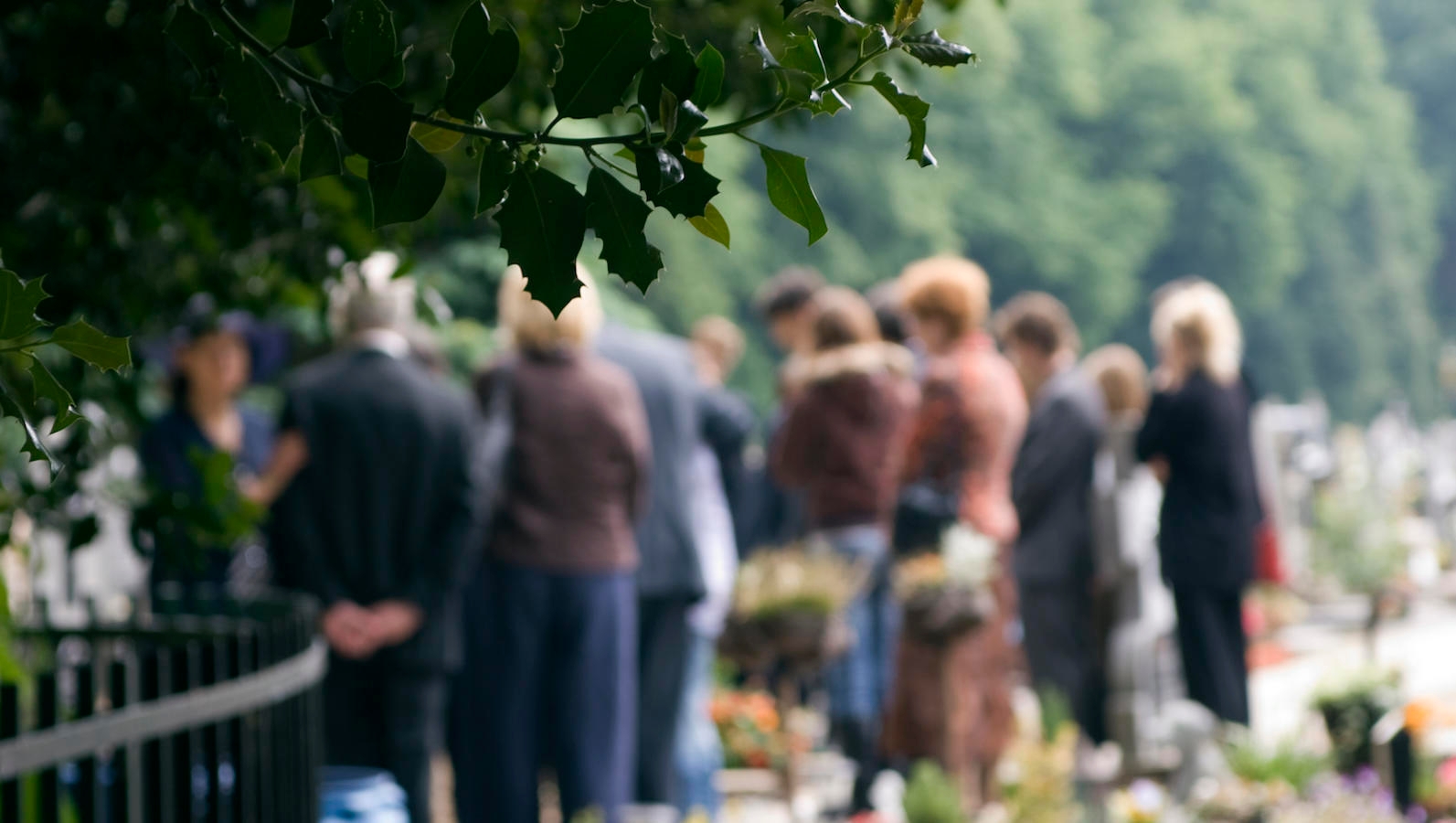
Jewish Mourning Faq My Jewish Learning
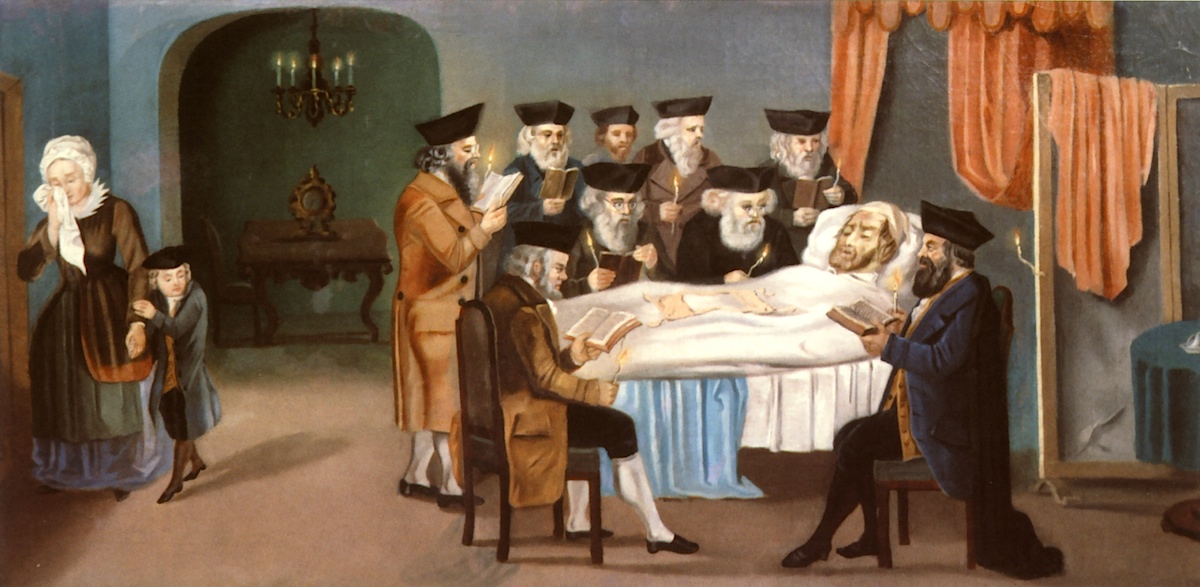
Jewish Traditions For Death Burial And Mourning Rohatyn Jewish Heritage

How To Plan A Jewish Funeral Everything You Need To Know In 7 Steps Everplans
Complete Guide To Jewish Orthodox Burial Rituals And Caskets Trusted Caskets
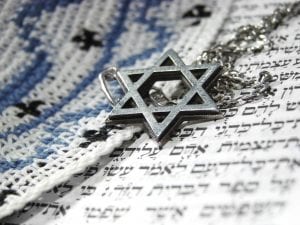
Jewish Funeral Service Rituals And Customs What You Need To Know

Jewish Traditions For Death Burial And Mourning Rohatyn Jewish Heritage
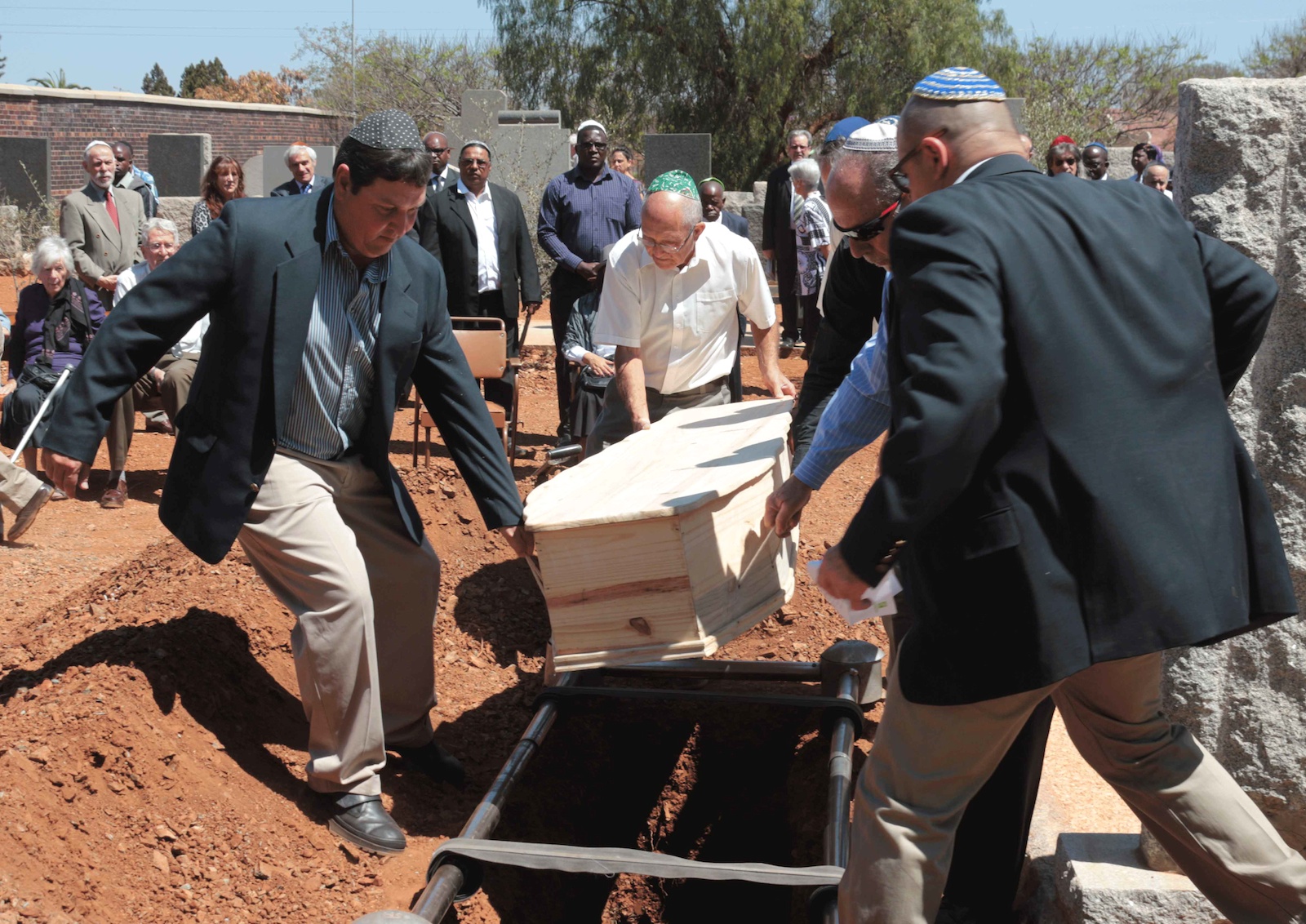
Jewish Traditions For Death Burial And Mourning Rohatyn Jewish Heritage

Jewish Mourning Faq My Jewish Learning
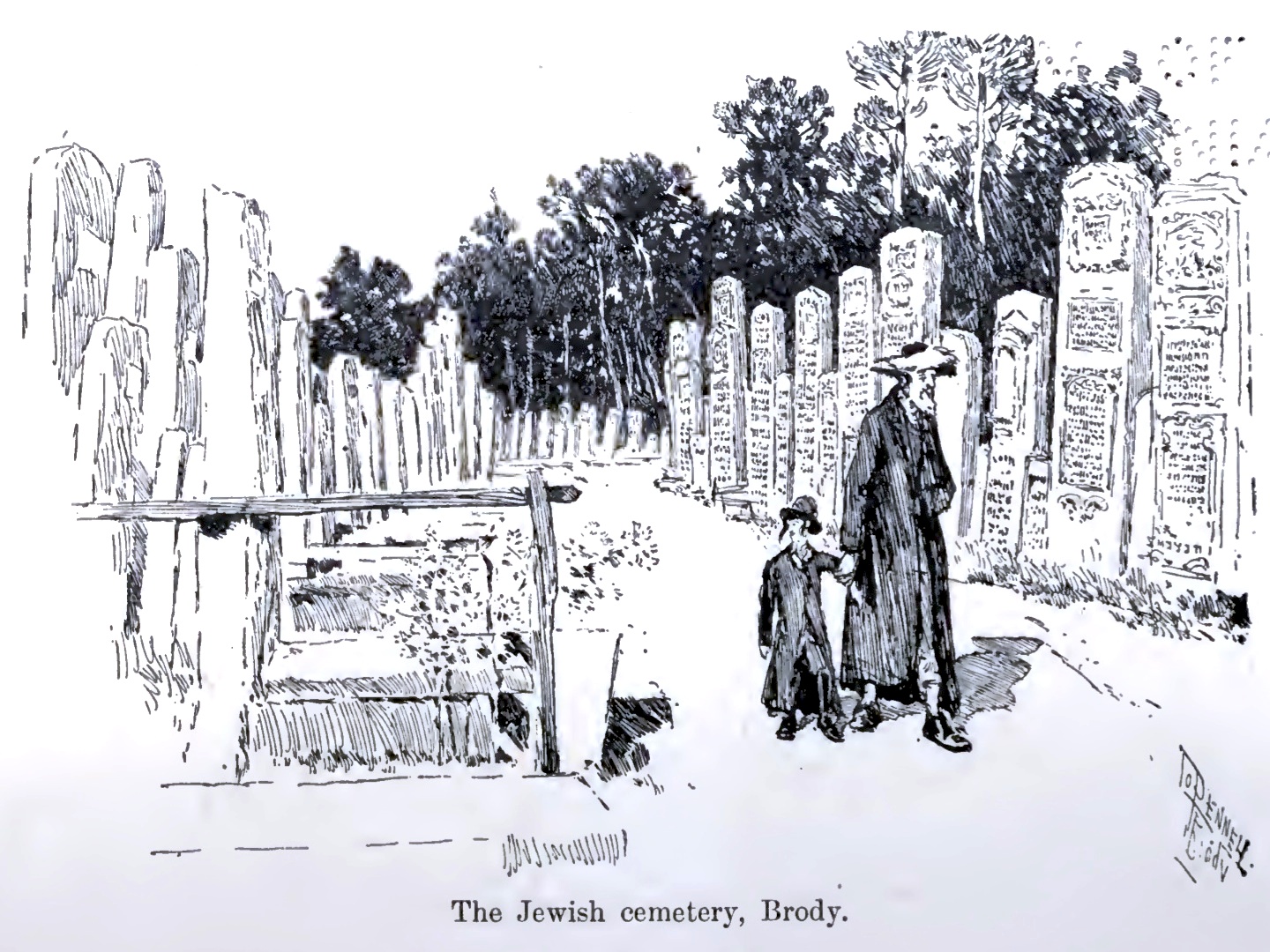
Jewish Traditions For Death Burial And Mourning Rohatyn Jewish Heritage
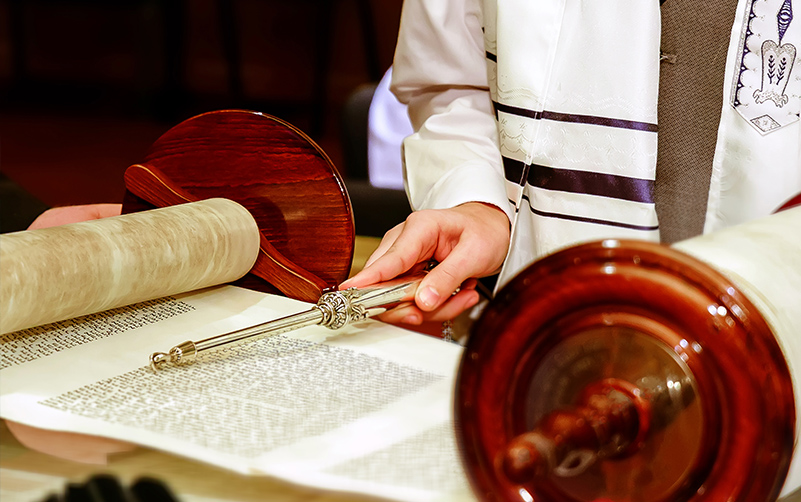
Jewish Funeral Customs Funeral Partners
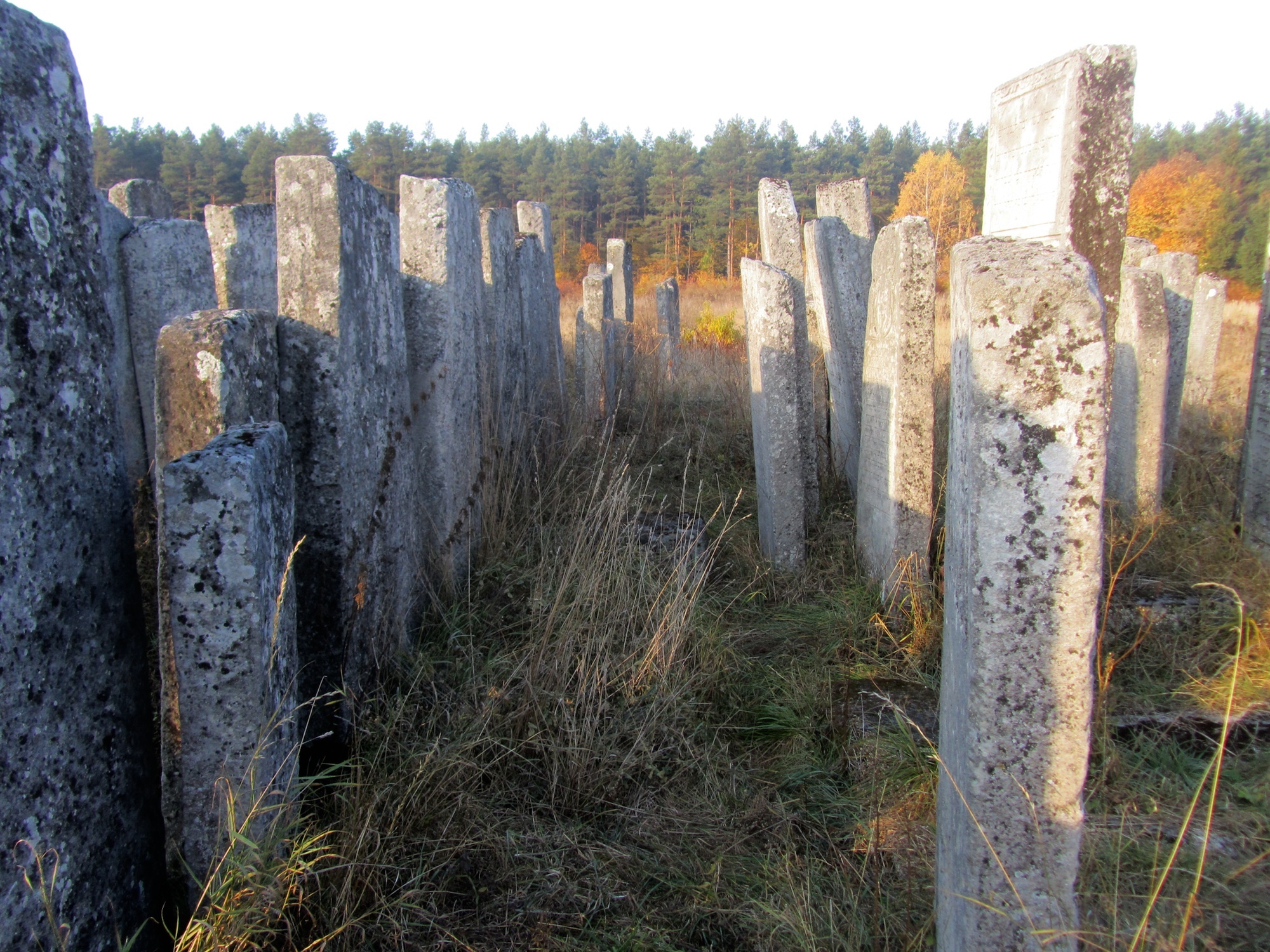
Jewish Traditions For Death Burial And Mourning Rohatyn Jewish Heritage

Why Don T Jews Have Open Casket Funerals Death Mourning
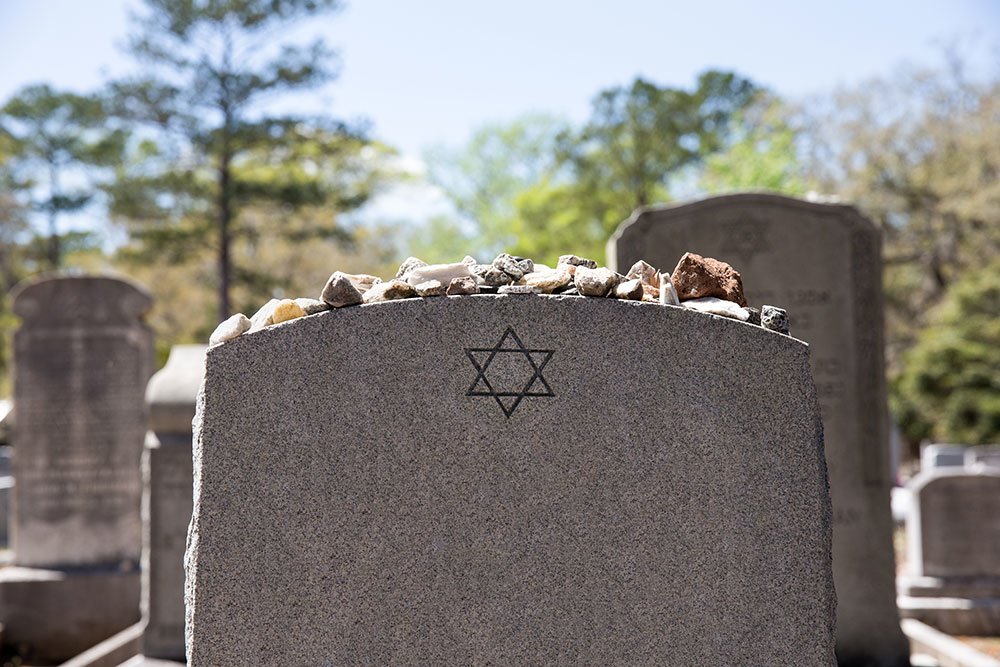
Jewish Burial Customs Welcome To Willowbrook Cemetery Located In
Tahara Supplies For The Chevra Kadisha Jewish Funerals Burial And Mourning

Funeral Customs Black S Funeral Home Thurmont Md Funeral Home And Cremation
